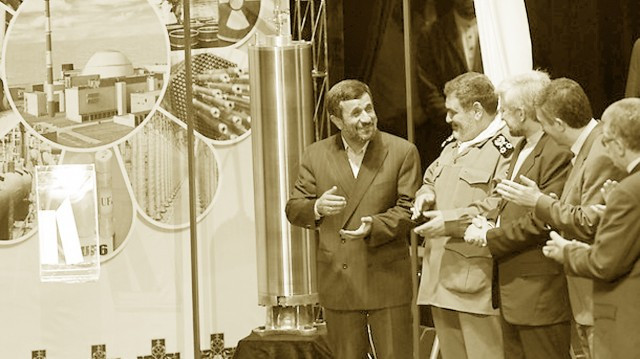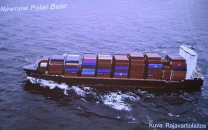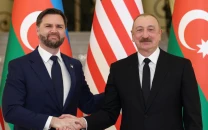Iran improves uranium enrichment system

Iran first started enriching small amounts of uranium to higher levels in February, saying it wanted to make fuel for a medical research reactor. This raised western suspicion as Iran is seen to lack the ability to make the fuel assemblies needed. Western powers, which called the move provocative, fear Iran ultimately aims to stockpile potential material for nuclear weapons.
Iran says its aims are purely peaceful. Iran has been using one set or “cascade” of 164 centrifuge machines to refine small amounts of uranium to up to 20 percent purity, according to the International Atomic Energy Agency’s (IAEA) last report in February. But a system using just one cascade is inefficient, analysts said, as it produces a large proportion of leftover low-enriched uranium (LEU) alongside the sought-after highly enriched material. In recent weeks Iranian officials have been adding a second cascade at the Natanz pilot plant to allow the leftover material to be re-fed into the machines more easily, obtaining its full potential and making the work more efficient, diplomats said.
“The second cascade is aimed at supporting the work of the first,” a western diplomat said. It is not yet operational. The changes do not appear be aimed at increasing the amounts produced or to raise the enrichment level further, moves which would ring alarm bells, diplomats said. But they said the second cascade could be reconfigured to do this should Iran decide to. This is why the IAEA has been trying to boost monitoring at the site. The work also shows Iran seeking to improve its technique should it wish to expand later.
“It contributes to their knowledge of how to do this recycling at higher levels of enrichment,” said Mark Fitzpatrick of London’s International Institute for Strategic Studies. “Any acquisition of such tacit knowledge, of knowledge that comes from actually doing the operation, does contribute to any future effort to push for highly enriched uranium.” The IAEA declined to comment.
Published in the Express Tribune, May 15th, 2010.



















COMMENTS
Comments are moderated and generally will be posted if they are on-topic and not abusive.
For more information, please see our Comments FAQ